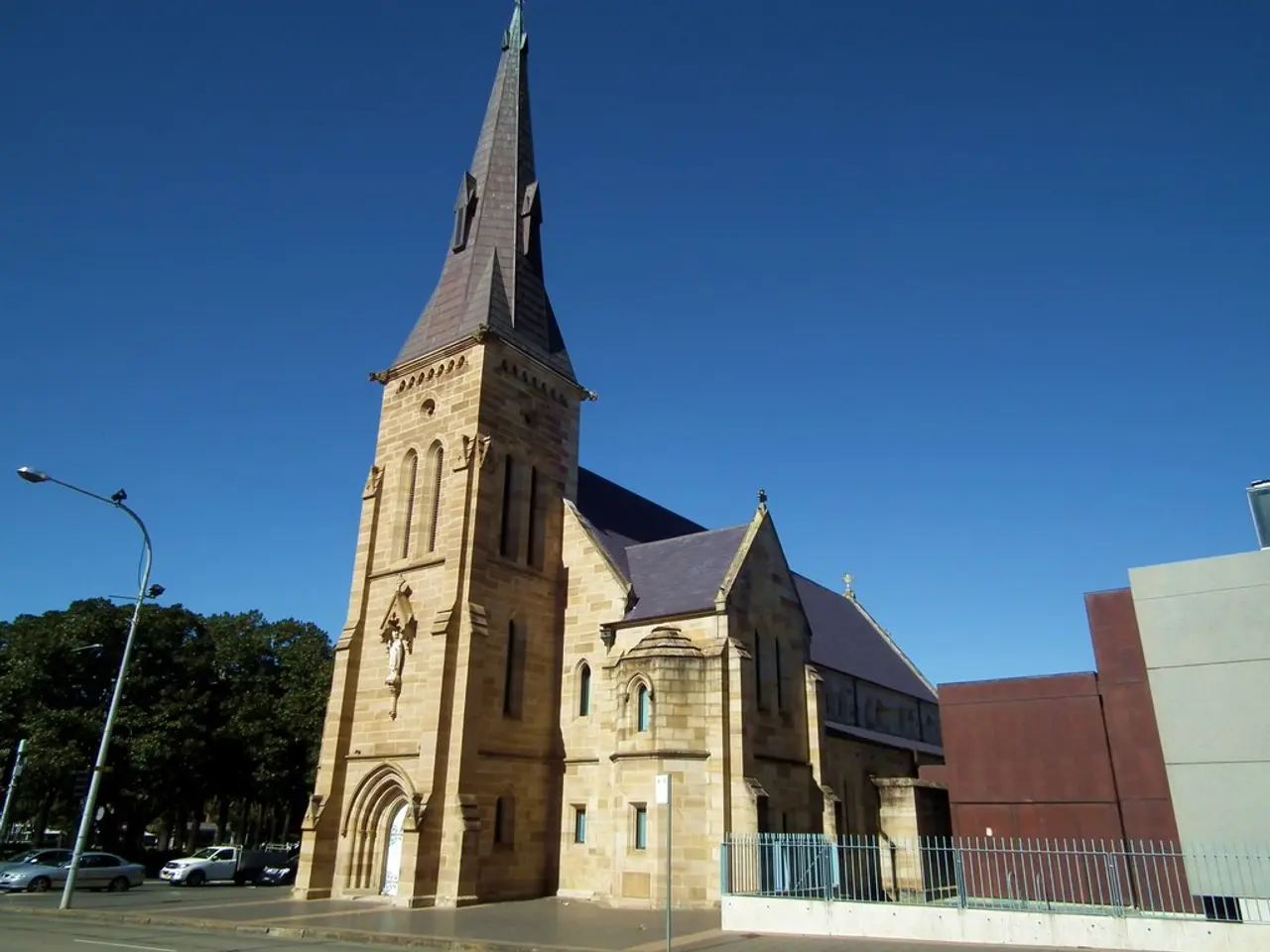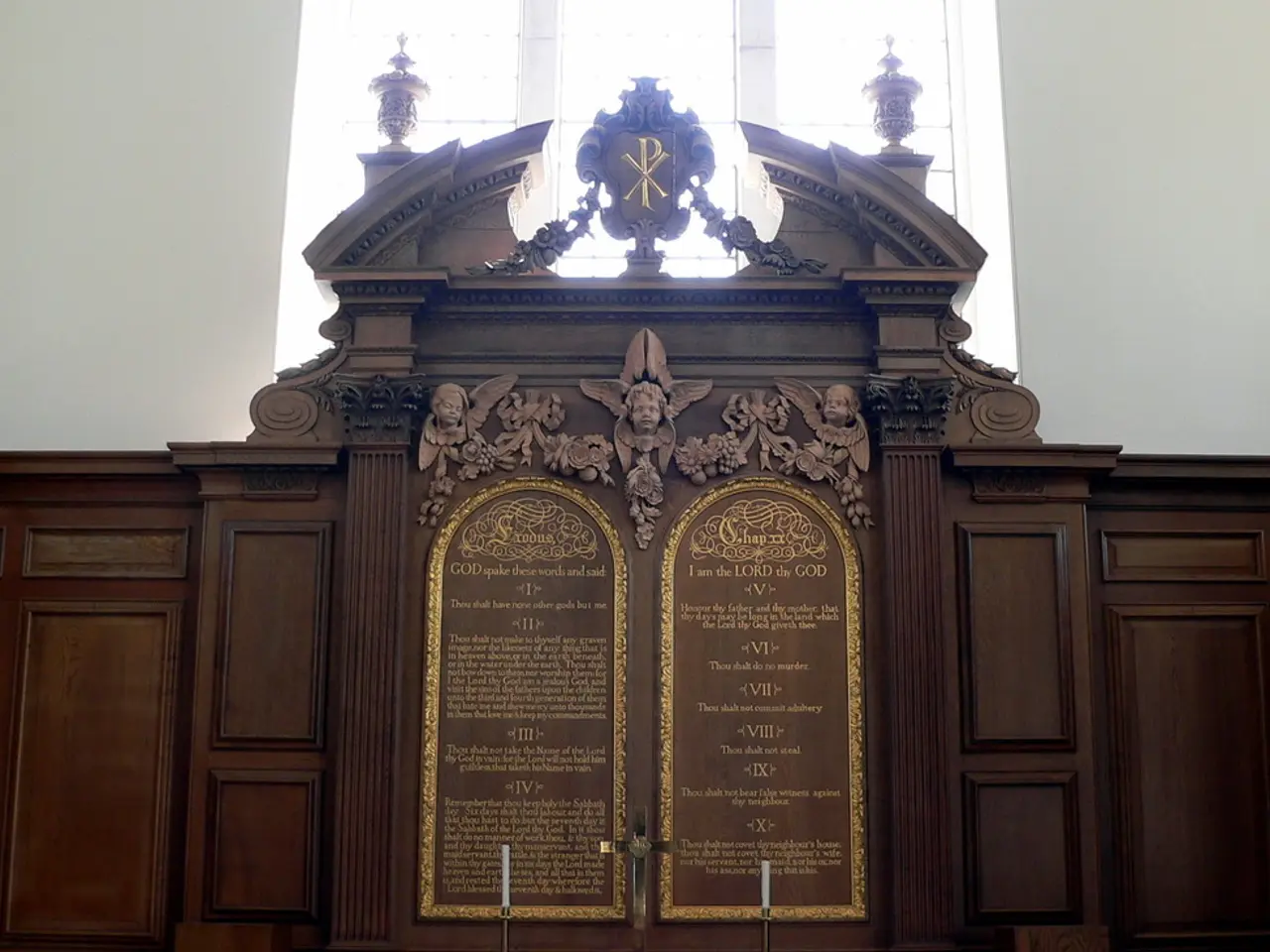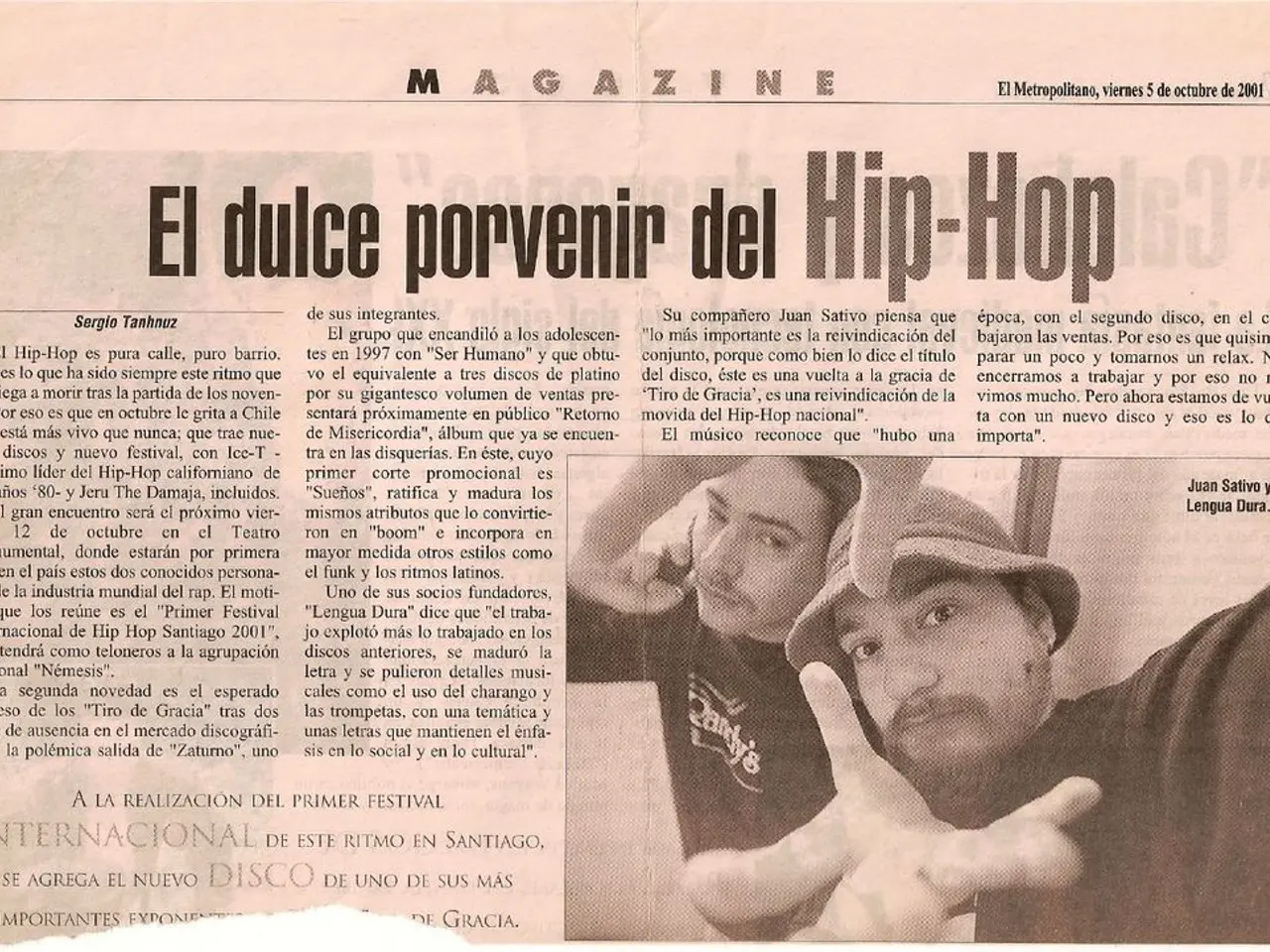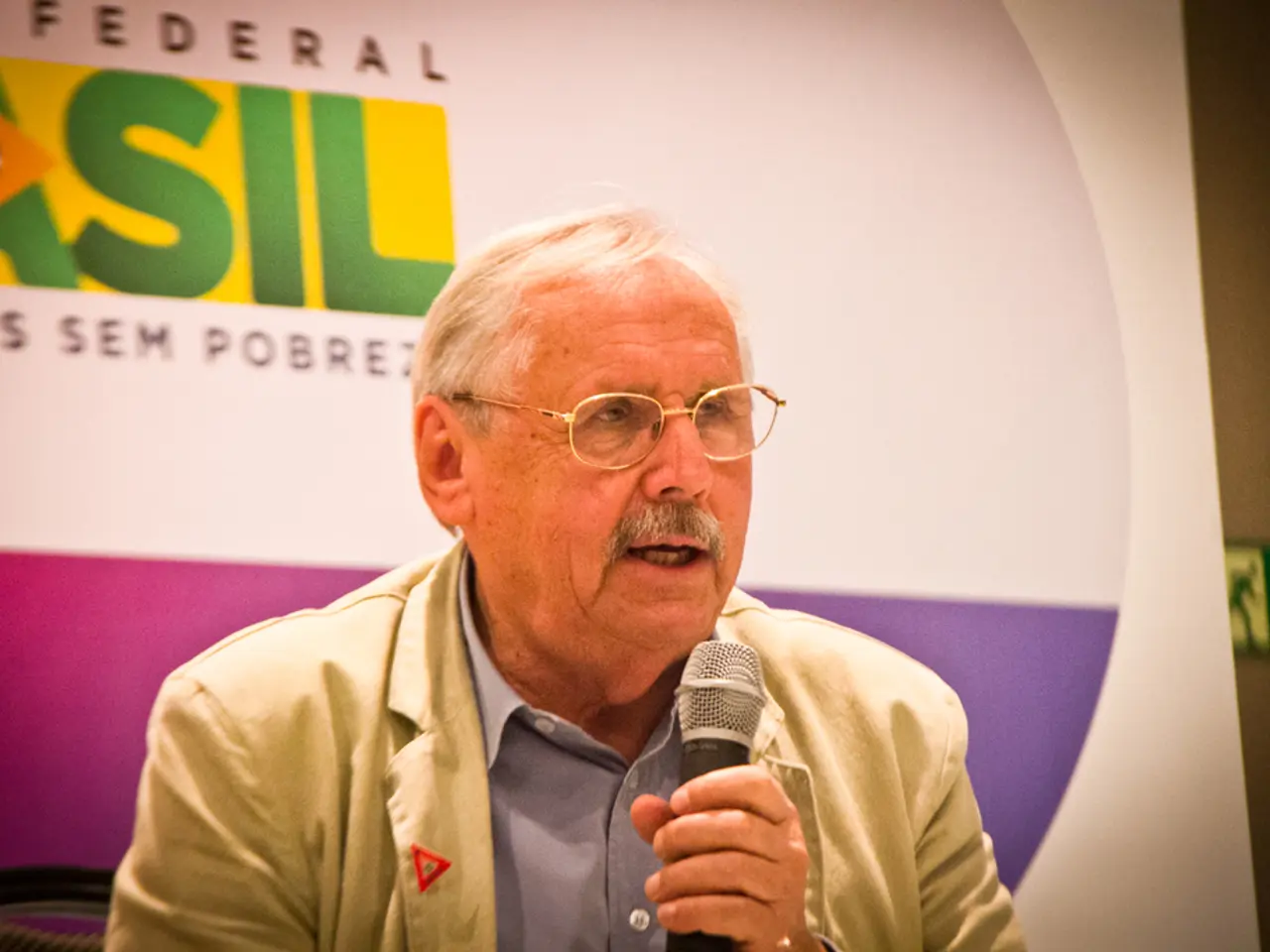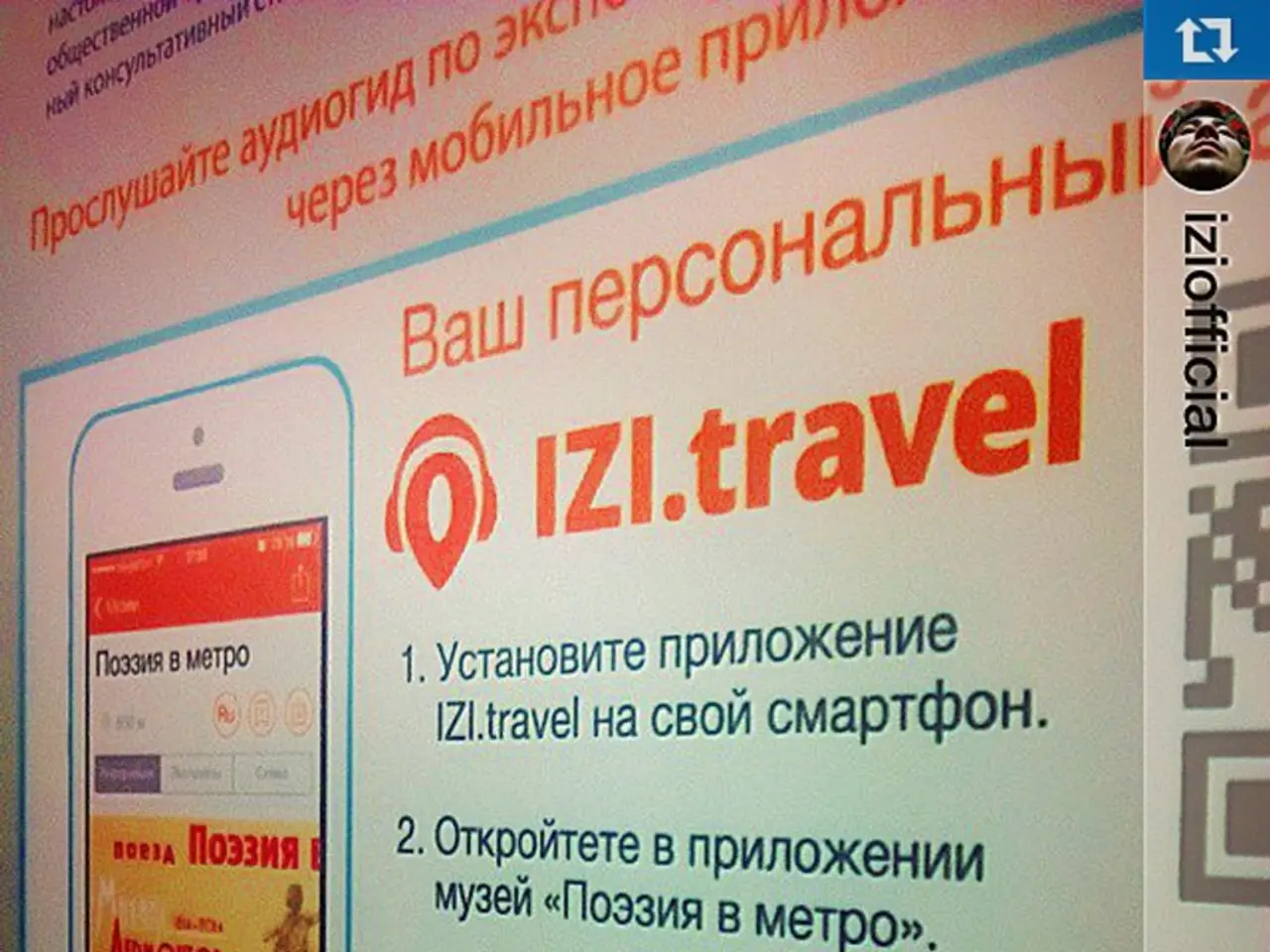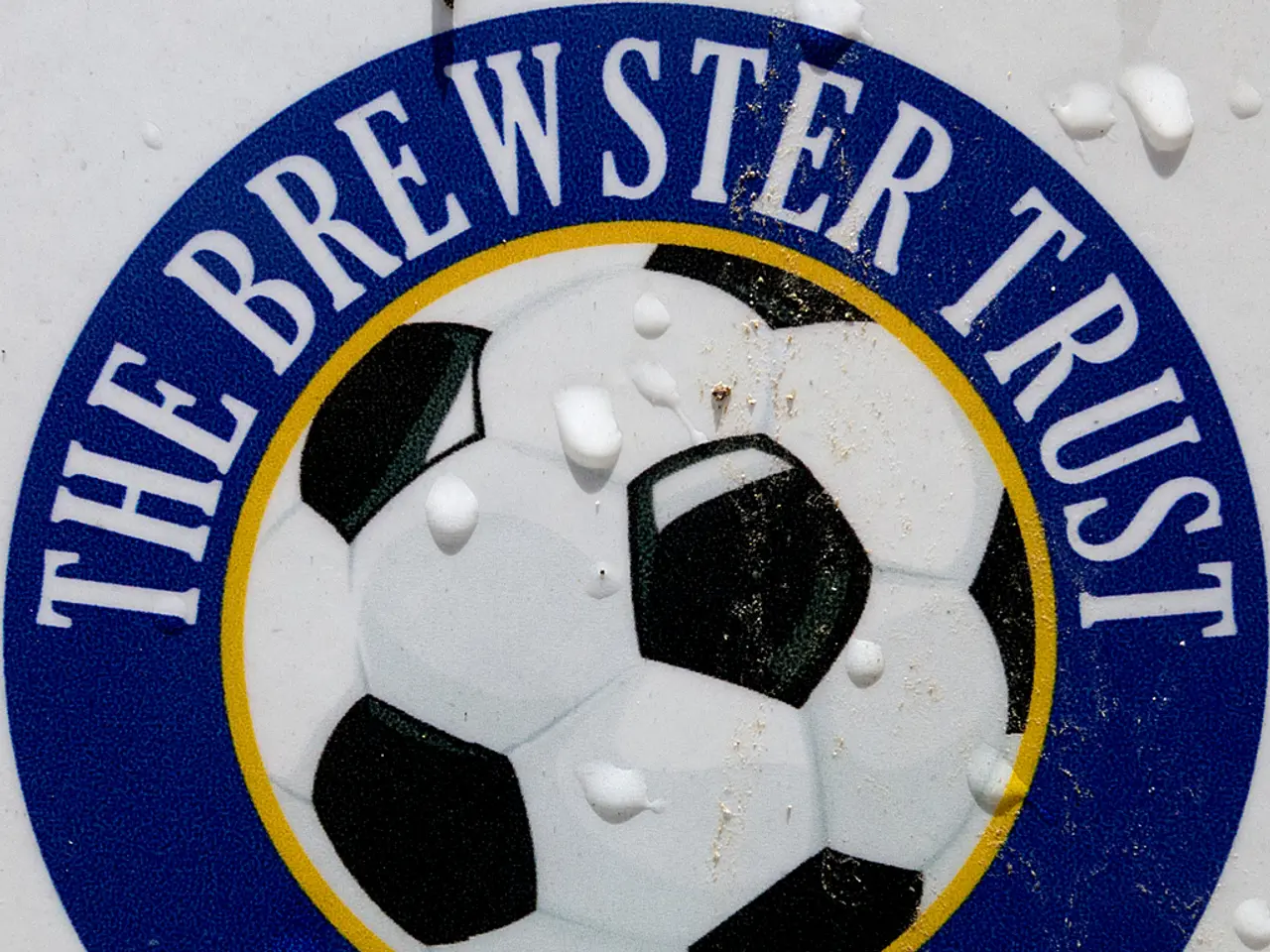Rwanda and Congo reach an accord on the economic aspect of a peace agreement
Rwanda and Congo Agree on Regional Economic Integration Framework
Rwanda and the Democratic Republic of the Congo (DRC) have agreed on an outline for a regional economic integration framework as part of a peace deal signed in June 2025. This framework, to be launched within 90 days from early August 2025, covers cooperation in energy, infrastructure, mineral supply chains, national parks, public health, and joint security coordination.
The agreement was announced following Friday's meeting of a joint oversight committee, a step toward implementing the Washington peace deal. The preliminary draft of the framework has been agreed upon, and there will be an input period to get reaction from the private sector and civil society before it is finalized. The finalized framework is expected to be signed at a future heads-of-state meeting at the White House, though no date has been set for the meeting.
One of the key aspects of the agreement is the affirmation of full, sovereign control by both countries over their natural resources, including exploitation, processing, and export. The agreement also emphasizes developing domestic mineral processing and transformation capacities within each country, aiming at value addition rather than just raw export.
The areas of integration include energy development, infrastructure improvement, and collaboration on mineral supply chains, particularly for critical minerals such as tantalum, gold, cobalt, copper, and lithium. Cooperation on the management and preservation of cross-border natural parks and shared efforts in public health are also part of the framework. Although less detailed publicly, joint security coordination forms part of the broader peace and stability goals underpinning the integration framework.
The peace deal aims to end fighting that has resulted in thousands of deaths and attract billions of dollars of Western investment to the region. However, the agreement has controversy, with critiques, particularly from the DRC side, arguing that the deal downplays Rwanda’s alleged support of armed groups in Eastern Congo. However, the framework prioritizes economic and security cooperation between the two nations.
The countries have also agreed to ensure that the minerals trade no longer provides funding to armed groups. They have also agreed to connect new infrastructure to the US-backed Lobito Corridor. The Ruzizi III hydropower project and Lake Kivu methane exploitation were the only specific projects mentioned in the statement.
Meanwhile, Congolese military operations targeting the Democratic Forces for the Liberation of Rwanda are meant to conclude over the same timeframe. The joint security coordination mechanism meeting will be held on Thursday in Addis Ababa.
In Kinshasa, views are that the plundering of its mineral wealth is a key driver of the conflict between its forces and Rwanda-backed M23 rebels in eastern Congo. The economic integration framework, therefore, offers a significant opportunity to address this issue, with Congolese minerals such as tungsten, tantalum, and tin potentially being exported legitimately to Rwanda for processing under the terms of the deal being negotiated by the US.
The regional economic integration framework, therefore, presents a significant opportunity for both countries to foster economic growth, strengthen regional stability, and potentially resolve long-standing conflicts. The next few months will be critical as the framework moves towards finalization and implementation.
- The regional economic integration framework, agreed upon by Rwanda and Congo, is expected to include policy-and-legislation regarding cooperation in areas such as energy, infrastructure, mineral supply chains, public health, and joint security coordination, which were discussed in the context of war-and-conflicts and politics.
- As the peace deal between Rwanda and Congo focuses on ending conflicts and attracting investment, the discussed regional economic integration framework may lead to the general-news story of ore resources, such as tantalum, gold, cobalt, copper, and lithium, being processed domestically for value addition rather than raw export, potentially resolving issues of illegal mining funding for armed groups.
